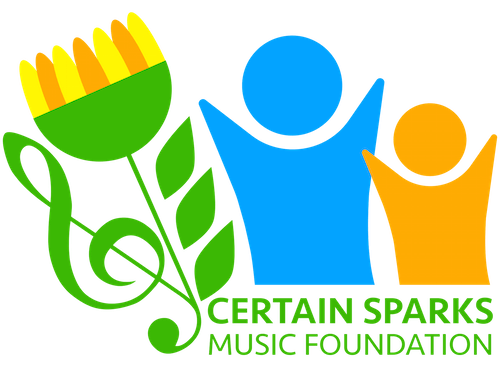Music education has numerous benefits for youth, which range from academic, personal and social development.
Academic: Music education helps students in developing their cognitive skills, critical thinking and problem solving abilities. Studies show that music training can enhance areas of the brain involved in language and reasoning, as well as memory.
Personal Development: Engaging in music provides an outlet for self-expression and creativity. It also helps students to develop a sense of pride and accomplishment as they refine their musical skills and perform in front of others.
Social Development: Music is a universal language and provides a platform for youth to connect with others. In a music class, students from diverse backgrounds come together and work collaboratively towards a common goal. This fosters teamwork and communication skills, as well as mutual respect and appreciation for diverse perspectives.
In addition to the academic, personal, and social benefits, music education provides numerous opportunities for students to showcase their talents. From school concerts to competitions, students have opportunities to perform and display their hard work and achievements in front of an audience.
In conclusion, music education has numerous benefits for youth and is a valuable tool for their overall development. It provides opportunities for students to develop their cognitive, personal and social skills, as well as gives them a platform to showcase their talents. Therefore, it is important for schools to prioritize music education and provide opportunities for students to engage in music.

